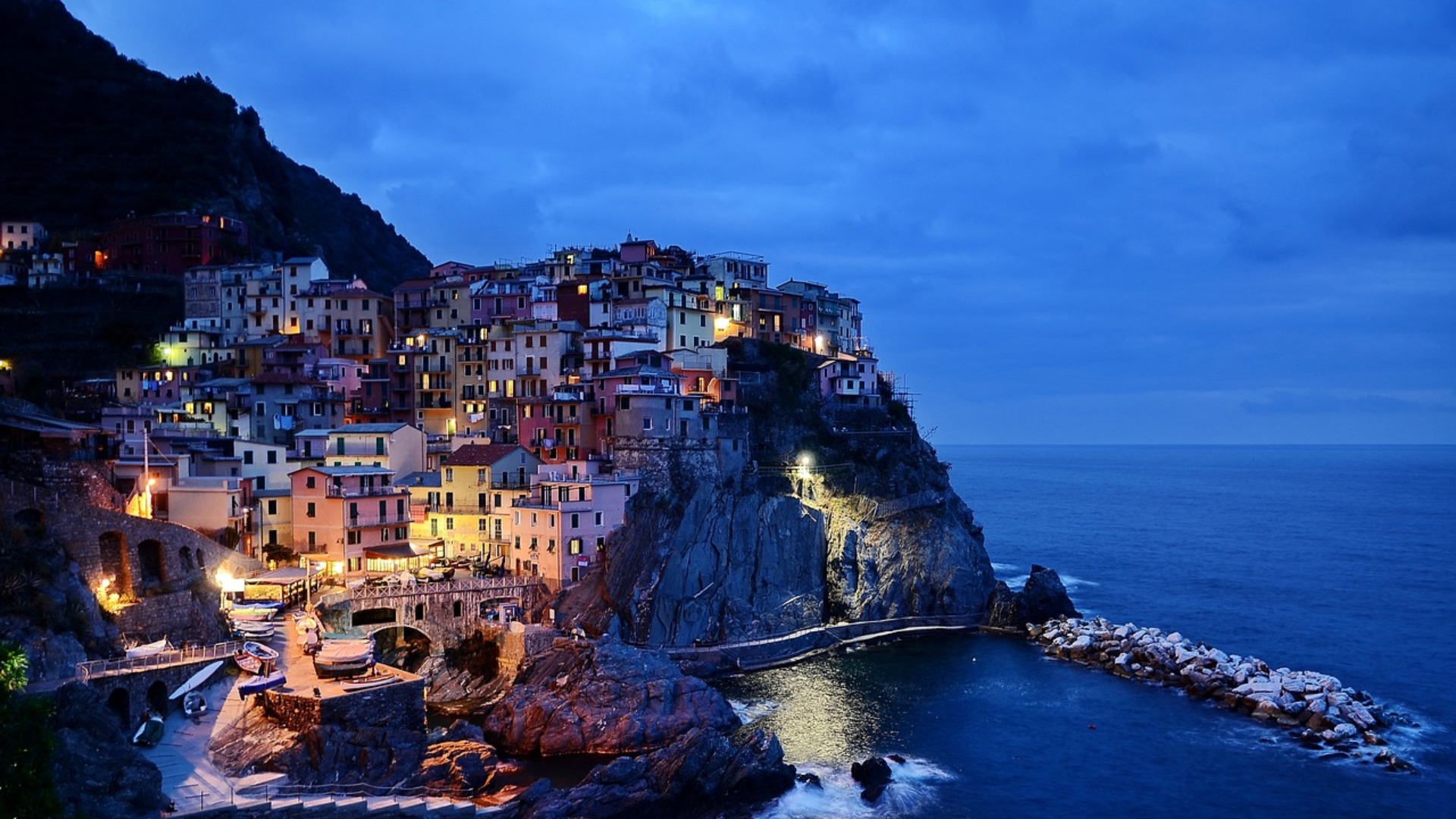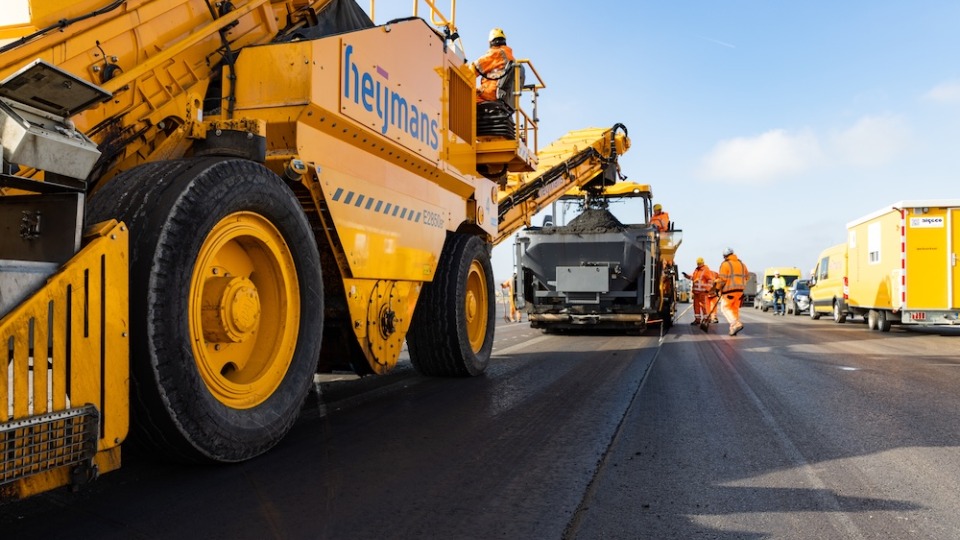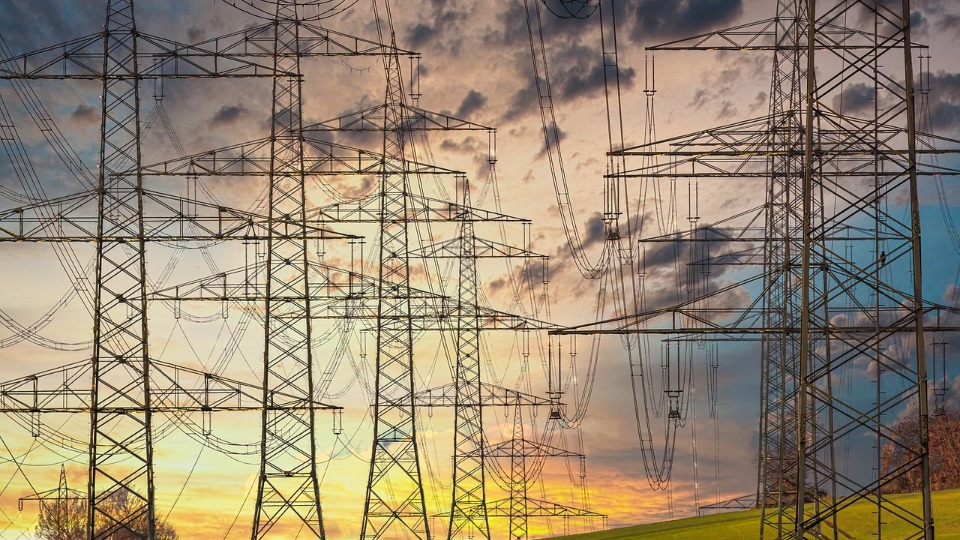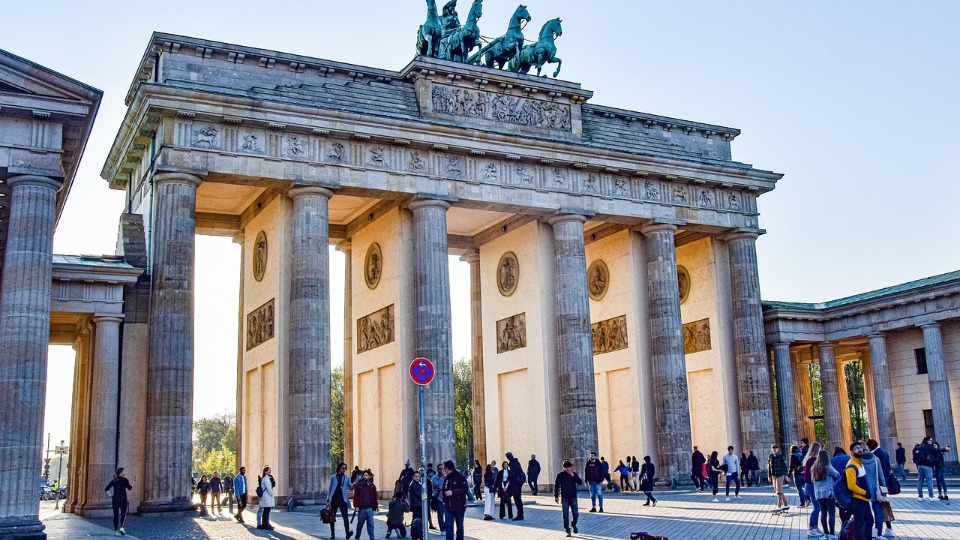
What’s The Impact Of Italy's Tourism Industry?

The World Tourism Organisation now has the ability, thanks to one of the biggest research initiatives of its type, to correctly monitor and assess the sector's impact on the natural world and climate.
According to the study’s results, Italy's travel and tourism industry has expanded while becoming less carbon intensive. Greenhouse petrol emissions from this sector in Italy were 8.4 percent of the total in 2019, lower than the European average of 10.7 percent.
Nevertheless, by 2020, this percentage had declined to 4.2%, mostly as a result of the sector's decreased activity during the coronavirus crisis.
Expansion of Italy's travel and tourism industry has been uncoupled from its contribution to greenhouse gas emissions since 2010. Greenhouse petrol emissions climbed by just 0.2% yearly throughout this time while the sector's overall contribution to the national economy expanded by 1.1% annually.
The numbers also demonstrate a continuing decline in the sector's emission levels.
In Italy, the travel and tourism industry was responsible for 0.37 kg of greenhouse emissions for every euro earned in 2010. By 2019 this number had decreased to 0.34 kg every €1 generated, a decrease of approximately 1% yearly. This rate continued to fall over the next several years, bottoming out in 2021 at only 0.27 kilogrammes for every euro.
This drastic drop exemplifies the success of reforms enacted by the Italian government and corporate leaders to make the sector more environmentally friendly.
Italy's Travel & Tourism industry is developing steadily, remarked Julia Simpson, President & CEO of the World Travel & Tourism Council. Yet, its economic expansion is no longer tied to increases in emissions of greenhouse gases, and this trend continues.
“Italy’s Travel & Tourism sector is growing strongly. But it has decoupled its economic growth from its greenhouse gas emissions and continues to reduce its emissions intensity.
“We need continued government support in increasing sustainable transportation. That means electric ground vehicles and ensuring Italy has a good supply of Sustainable Aviation Fuel. This will have a significant impact on our footprint, minimising our absolute emissions,” she added.
The worldwide tourism organisation also offers data and analysis on the industry's energy consumption and efficiency, revealing, for example, that between 2010 and 2019, Travel & Tourism saw an annual decline of 0.2% in overall energy use.
The percentage of low-carbon energy sources used in the national energy mix has increased from 6.1% in 2010 to 9.3% in 2021, while the percentage of fossil fuels used in the sector has decreased during the same time period.
This in-depth study updates annually to provide the most recent data for all 185 nations across all regions.
This study could not have been carried out without the tight collaboration between WTTC and the Sustainable Tourism Global Center in Saudi Arabia.
Source: breakingtravelnews.com








